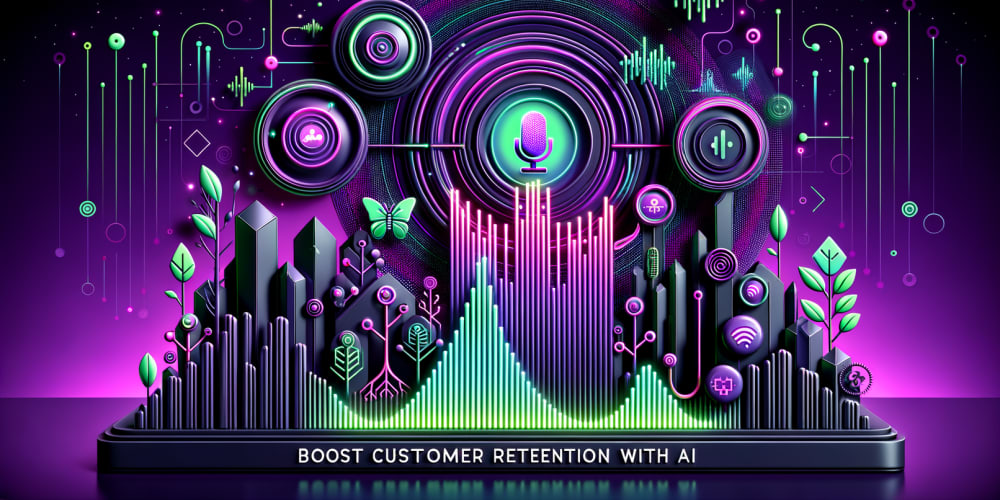Why Open-Source Should Inspire the Scientific Community
Open-source is more than just a buzzword in the development community—it's a revolution in how we create, share, and collaborate. It's hard to find anything in history that's been as free and collaborative as the open-source movement. Meanwhile, academia has been chugging along in pretty much the same way for centuries.
So, what can the scientific community learn from the open-source world? Let's dive into a few ideas that could completely shake up how research is done.
Decentralization: The Future of Collaboration
One of the coolest things about open-source software (FOSS) is how it lets developers from all over the world work together. Thanks to tools like Git and GitHub, you can contribute to a project without worrying about where the central codebase is or who's in charge. Imagine applying that same approach to scientific research.
Sure, you can collaborate with researchers from anywhere, but it's still a hassle. There's no easy way to start a research project and have others just jump in and contribute. But why not? Look at how we’ve built amazing things like Linux through global collaboration and a strong community of reviewers.
Decentralization also unleashes creativity. You're not stuck working on what your university or funding body thinks is worthwhile. You can start a project, and if the scientific community thinks it's solid, they'll pitch in. If people find it interesting, they might even donate to support it. It’s a simple, elegant solution to a lot of problems in academia.
Collaboration: Rethinking How We Work Together
Beyond decentralization, we need to rethink collaboration. As a professor, you shouldn't have to spend ages finding the right people to work with, hoping they'll agree to your project, and then crossing your fingers that you all actually manage to achieve something.
With a collaboration model based on tools like Git, research could branch out in all kinds of new directions. You don't even need to know everyone involved—people can contribute as they see fit. And if they don't like where the project is going, they can start their own version without any drama.
This approach opens up so many possibilities. Research becomes more efficient because more people can contribute. It also helps highlight talents and track contributions since it's clear who did what.
Open Access: Making Knowledge Truly Open
But to really tap into the power of decentralization and collaboration, we need to commit to open access in the scientific community. People should be able to see what you're working on, understand your thought process, and know the current challenges and goals of your research.
The traditional academic system places a lot of weight on certifications and degrees, but these often don't translate into meaningful contributions in research. Grading, assignments, and the like have their place, but they can be limiting when it comes to scientific discovery.
Here’s what open access means to me: It’s about making knowledge available to everyone and letting anyone who’s interested contribute.
Universal Access:
Break down the barriers so anyone passionate about learning can access research and resources for free. No paywalls, no exclusive memberships—just open doors for everyone.
Inclusive Contribution:
Open access isn’t just for academics. Valuable insights can come from anyone, regardless of background. You don’t need formal credentials to contribute meaningfully—what matters is your ideas and commitment.
Upholding Values and Rights:
While we want to make knowledge free, it's also crucial to respect contributors' rights. That means proper attribution, recognizing contributions, and ensuring that people maintain control over their work. Open access is a two-way street, where shared values and goals bring contributors and users together.
Transforming Knowledge Sharing:
Open access represents a big shift in how we think about sharing knowledge. It’s about moving away from traditional academic measures and creating a more inclusive environment where contributions are valued for their impact, not just their source. By doing this, we’re fostering a more collaborative and dynamic space for intellectual and scientific growth.
In essence, open access is about democratizing knowledge. It challenges old norms and opens up the conversation to a global community, where ideas are freely exchanged, contributions are respected, and the pursuit of knowledge becomes a collective effort.
That's all I can say for now. Thanks for reading.
Picture by boliviainteligente from unsplash



















